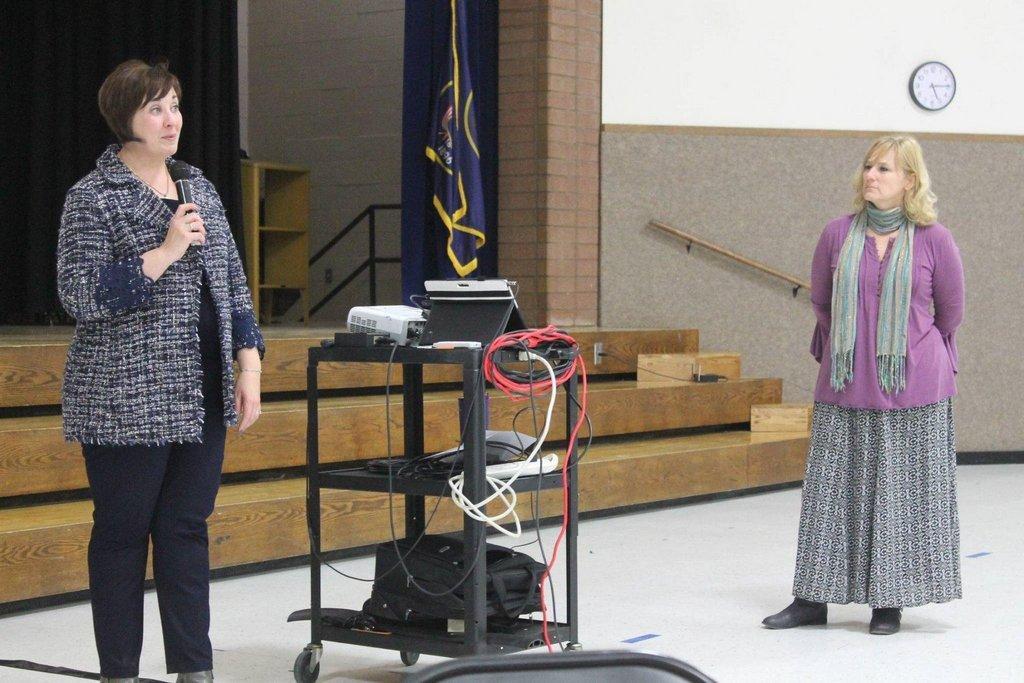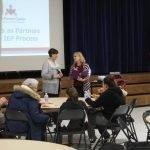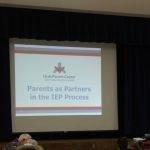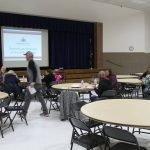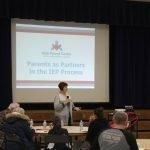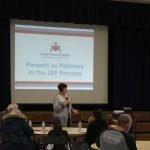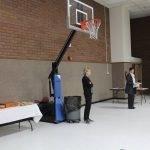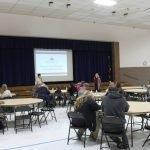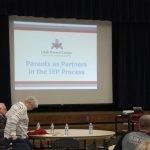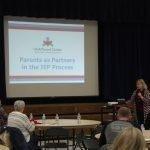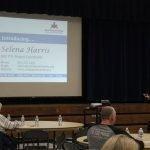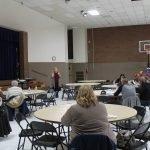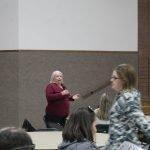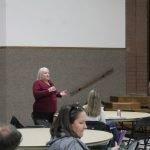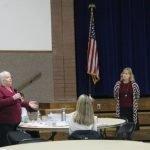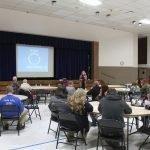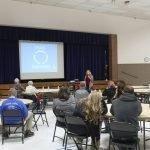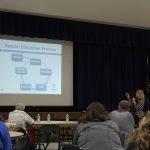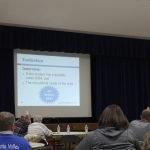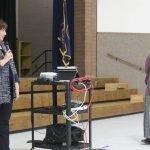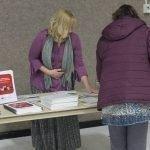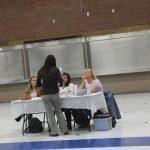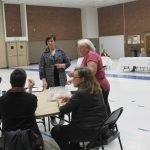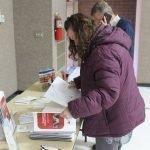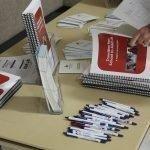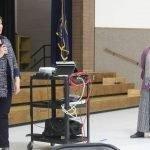The Carbon School District, in conjunction with the Utah Parent Center, has presented a series of workshop for parents who have students with a need of special education.
The first workshop in February explained the IEP (Individualized Education Program). There, parents learned how to become partners in the IEP process.
The presenters explained that this program is important for students in the special education programs in local schools. Historical background was also presented to the audience to help create a picture of how far the education system as come in terms of special education.
Selena Harris and Darrelyn Davis both spoke during the workshop. Harris is a Utah Parent Center consultant and Davis is the Carbon/Emery County Family to Family Network contact. During the workshop, an example of an IEP was given to those in attendance. The session gave parents a chance to ask questions and learn more.
Harris and Davis also explored the special education process, the parent and students roles in the process, and how to problem-solve challenges. There was food and refreshments offered and a child day-care in another room taken care of by volunteering students from USU Eastern.
Next up, Carbon School District and the Utah Parent Center presented the Transition from School to Adult Life Workshop at the district offices on Monday evening. After feeding those in attendance, Harris began the evening.
Monica Lewis, special education director at the district, welcomed Harris to the area and stated how excited she was for the opportunity to host the workshop. Topics covered in the workshop were student-led meetings, age of majority, becoming an adult and more.
Harris explained that transition is change and IEP is needed starting at age 14 to deal with that transition. The goal is to prepare youth for what is coming once they have graduated from high school.
“We want to help work with families; educate them,” Harris stated.
Utah law requires that transition planning be included in each student’s IEP in the year the student is 14. Harris touched on when the idea was first proposed to assist youth’s with disabilities to continue with schooling, obtain work and more pertaining to adult life rather than instantly go to live in an assisted living facility or similar situation.
Harris then stated that with transition, one begins with the end in mind. Communication within the system is also pertinent to continuing with the transition. IEP Transition goals mentioned during the workshop were functional/independent living skills, employment, training and education, and academics.
The workshop continued by explaining writing postsecondary goals, letting go of unrealistic goals, key team members for transition such as parents, special ed and “regular” ed teachers, related service providers and more.
Harris took time to also speak about student-led meetings, the age of majority, actively participating in an adult child’s life, graduation and what is next. While briefing those in attendance on more options and steps in IEP Transition, Harris concluded the workshop with the five ways to strengthen families.
Harris urged those interested to contact the Utah Parent Center for more information and engagement by visiting www.utahparentcenter.org or calling (801) 272-1051 or 1(800) 468-1160.


